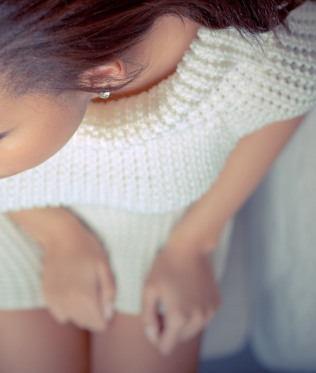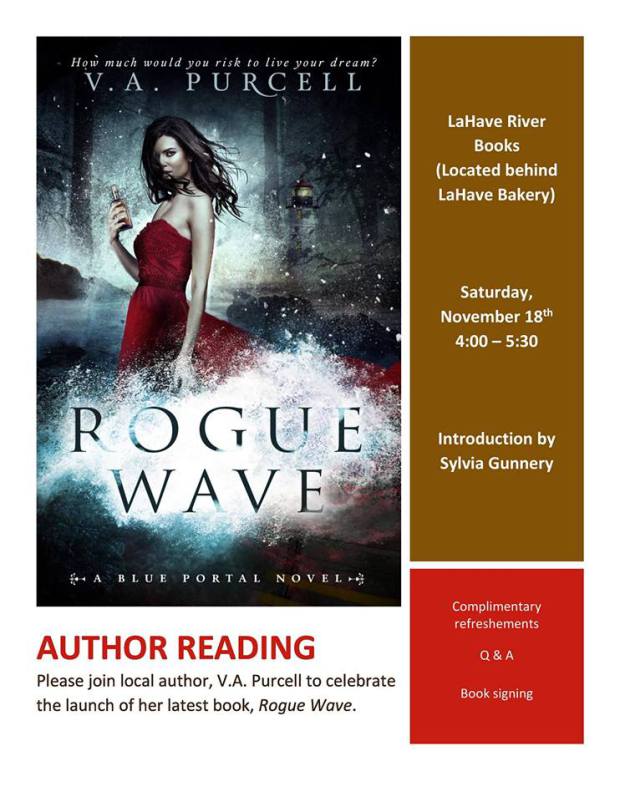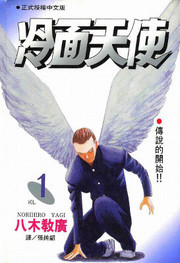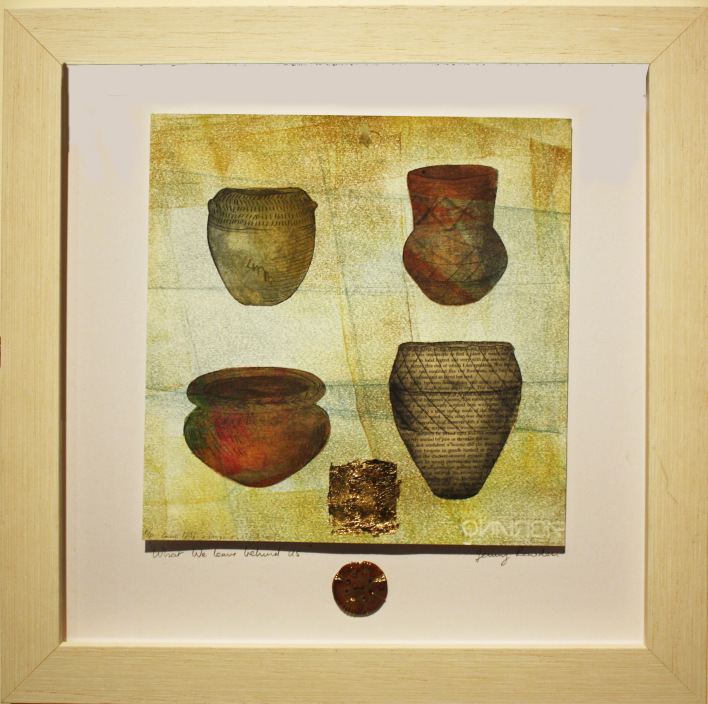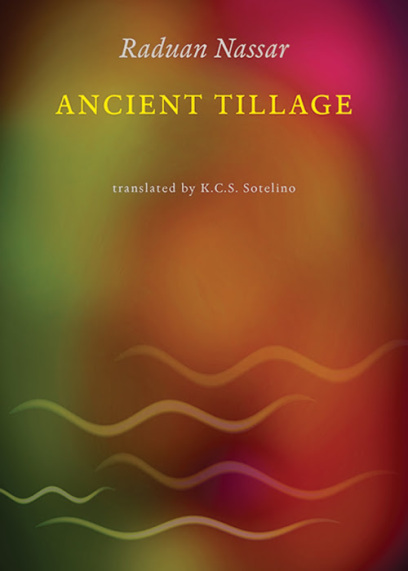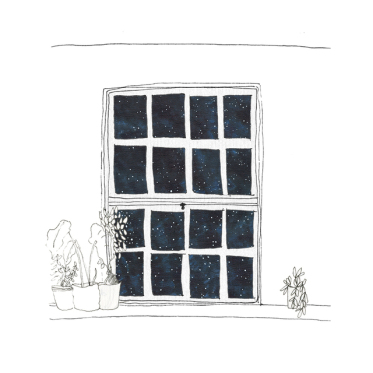 CH.89: If you were to categorize or describe the style of your artwork, what would it be and why?
CH.89: If you were to categorize or describe the style of your artwork, what would it be and why?
EFS: I’d probably describe my illustrations as gentle, slightly old-fashioned, an overlap of the existential and the lighthearted. Because I do very little digital work, things will be full of minute imperfections—it seems to we do enough straining to be perfect in other parts of our lives, so I don’t put too much pressure on myself in this sense, otherwise I’d never finish anything. My work is unfailingly personal.
CH.89: Where do you draw your inspiration from?
EFS: The way trees breathe, warm light on wooden floors, the eyes of people I don’t know, that which isn’t often noticed, the form of things, the time of others. There aren’t many things that I wouldn’t class as inspiration.
CH.89: Can you talk a little bit about what your creative thought process is like when starting a new project/ piece of artwork?
EFS: The thought process at the beginning of a project usually involves some panic, some hesitation, the tearing up of perfectly good paper. I tend to know very clearly when I have managed to find the answer for something in my head, but it can be hard to isolate that when there is so much other noise around.
CH.89: Is there anything in particular that you would want people to take from your artwork?
EFS: I want people to feel both reassured and also a little bit gnawed at—that there might be things they want to go and know about, or even if something I create makes a person feel differently about something, plants a seed in their head.
CH.89: Can you talk a little bit about your lifestyle as an artist and what that is like?
EFS: My life and work are very interwoven, and there isn’t necessarily any distinction between the two, but this works well for me. I am the work, the work is me, and we are happy existing like this.
 CH.89: When starting out an artistic task, do you think it is better to have a particular direction/set plan guiding your way? Or, is it better to act on impulse and go from there?
CH.89: When starting out an artistic task, do you think it is better to have a particular direction/set plan guiding your way? Or, is it better to act on impulse and go from there?
EFS: For me this depends a lot on the project—if it’s work for a client, there will usually be a clear timeline and direction from the beginning, and my thinking gets explained to others, laid out flat. So that way of working is more structured, but can also be incredibly rewarding. Then when I’m working on a book, or a personal piece, to a certain extent impulse can initially be given all the space it wants. So for me there isn’t a better, there is just a different.
CH.89: What is one major lesson you’ve learned as an artist thus far?
EFS: To forgive, all the time. Myself, other people, every damn thing.
CH.89: Do you regard personal style & taste to be of highest importance?
EFS: I wouldn’t say that to me those things are of the highest importance, no, but I have certain aesthetics that I lean towards and crave, so things usually end up looking one way rather than another.
CH.89: What do you consider to be the hardest thing about being an artist?
EFS: When it is impossible to translate an idea adequately into either words or illustration, and I’m then stuck with it in my head indefinitely. I find that quite maddening.
CH.89: What is one thing you love about being an artist?
EFS: Making something out of nothing.
CH.89: Is there anyone in particular, any artists that inspire you in any way?
EFS: I find myself returning often to Giacometti and Magritte. And Quentin Blake, what magnificence.
CH.89: What do you think of technology in terms of being a useful tool for artists today?
EFS: It’s wonderful, the scope of things people are able to produce. As I mentioned earlier, I don’t work digitally, but I’m frequently left speechless by what is now possible creatively.
CH.89: Do you think being an artist allows you to view the world differently from those who don’t follow creative paths?
 EFS: Yes, it probably does, but then everyone views the world through their own particular filters; I’m left exhausted often by the visual muchness of everything, and I know that isn’t the case for all people. The book ‘On Looking’ by Alexandra Horowitz would be a wonderful thing to read in the context of this question.
EFS: Yes, it probably does, but then everyone views the world through their own particular filters; I’m left exhausted often by the visual muchness of everything, and I know that isn’t the case for all people. The book ‘On Looking’ by Alexandra Horowitz would be a wonderful thing to read in the context of this question.
CH.89: Do you enjoy traveling? If so, do you have a favorite city?
EFS: I do, very much. I have traveled quite a bit for work-related things, but even if that didn’t happen, I’d still be leaving. I’ve got rather soft spots for Vienna, Bath (in the UK), and Essaouira in Morocco.
CH.89: Do you have a favorite author or book?
EFS: I couldn’t possibly, but the book I read most recently was Mark Haddon’s collection of short stories, The Pier Falls, and it was spectacular.
CH.89: Any future goals or plans for your artwork?
EFS: I’m currently working on my third book, which will be published sometime in 2019 by Penguin.
CH.89: What does being an artist mean to you?
EFS: It means everything.
CH.89: What’s the last song you listened to?
EFS: Dink’s Song, by Dave Van Ronk.
CH.89: Any last words on the aesthetic of your artwork?
EFS: It wants you to have a restless heart, and to come home.
CHECK OUT MORE ON: ELLA FRANCES SANDERS Advertisements Share this:
